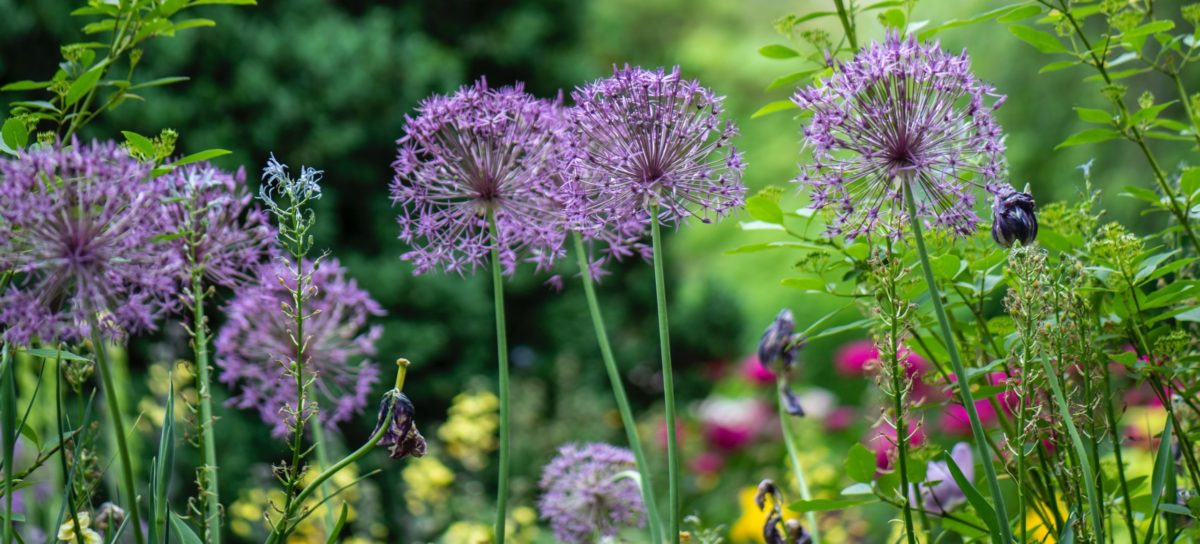I bet you’ve done this before: you’re standing alone in the kitchen eating something good–pie, banana pudding, boiled peanuts, whatever. And you enjoy it so much that you say to nobody, “Mmmm….that’s good.”
Why do you do that? You’re not congratulating or thanking the cook. You’re not recommending this delicious food to another person who might enjoy it. You’re right by yourself.
You say “Mmmm…” when you’re alone, I think, because putting words to your pleasure amplifies the pleasure. Indeed, your enjoyment of a thing can’t be complete if you don’t say something about it.
I’m paraphrasing C.S. Lewis here. In Reflections on the Psalms, Lewis suggests that God doesn’t call us to praise him because he is vain and needs the ego boost. Indeed, the truest purpose of praise is not to compliment the one who is praised:
The most obvious fact about praise—whether of God or anything—strangely escaped me. I thought of it in terms of compliment, approval, or the giving of honour. I had never noticed that all enjoyment spontaneously overflows into praise unless (sometimes even if) shyness or the fear of boring others is deliberately brought in to check it. The world rings with praise—lovers praising their mistresses, readers their favourite poet, walkers praising the countryside, players praising their favourite game—praise of weather, wines, dishes, actors, motors, horses, colleges, countries, historical personages, children, flowers, mountains, rare stamps, rare beetles, even sometimes politicians or scholars. I had not noticed how the humblest, and at the same time most balanced and capacious, minds, praised most, while the cranks, misfits and malcontents praise least. The good critics found something to praise in many imperfect works; the bad ones continually narrowed the list of books we might be allowed to read… Except where intolerably adverse circumstances interfere, praise almost seems to be inner health made audible… I had not noticed either that just as men spontaneously whatever they value, so they spontaneously urge us to join them in praising it: “Isn’t she lovely? Wasn’t it glorious? Don’t you think that magnificent?” The Psalmists in telling everyone to praise God are doing what all men do when they speak of what they care about. (93-95)
It’s Thanksgiving Week here in the United States. I know Lewis was talking about praise rather than thanksgiving, and I know the two things aren’t exactly the same, but I do think his remarks are altogether appropriate in a week devoted to gratitude. We give thanks not only to give props to the giver, but to be more fully alive to the good things in our lives.
In this week’s episode of The Habit Podcast, Christie Purifoy talks about writing, gardening, hospitality, tree-planting, and other creative endeavors. All creativity, Christie says, is a way of loving the gifts that have been given to us. She says, “I think it’s about being aware of the abundance of life that is already there.” Yes and amen. I love what she says about gardening:
I feel like one reason I garden is that I’m just so aware of the beauty and fertility of the trees and shrubs and flowers. I’m aware of the bees buzzing and doing their thing. And I want more of it. It’s a greedy kind of love.
A greedy kind of love. That may sound like a strange way to talk about gratitude, but I think it’s about right.
I too often think of creativity in terms of productivity, of output. I think about doing, accomplishing, making a name for myself. But here in Thanksgiving Week I aim to remind myself–and you–that the good life is not something we make, but something we receive.
And we receive through gratitude, through an affirmation of the goodness that surrounds us. In Leisure: The Basis of Culture, Josef Pieper speaks of
the cheerful affirmation by man of his own existence, of the world as a whole, and of God–of love, that is, from which arises that special freshness of action, which would never be confused by anyone with any experience with the narrow activity of the “workaholic.”
[Just an interesting side note…Pieper was writing in 1948, only one year after the word workaholic was invented…that explains why he felt the need to put it in quotation marks.]
Of course we work, and of course we make good things. It’s a worthy pursuit. But let us remember that we only make good things out of the good things we have received. Here’s what Andrew Peterson has to say on the subject in Adorning the Dark:
We can hardly make anything beautiful that wasn’t beautiful in the first place. We aren’t writers so much as gleeful rearrangers of words whose meanings we can’t begin to know. When we manage to make something pretty, it’s only so because we are ourselves a flourish on a greater canvas.
That, my friends, is something to contemplate during Thanksgiving Week.
I’m thankful for you.
Photo by Erda Estremera on Unsplash








